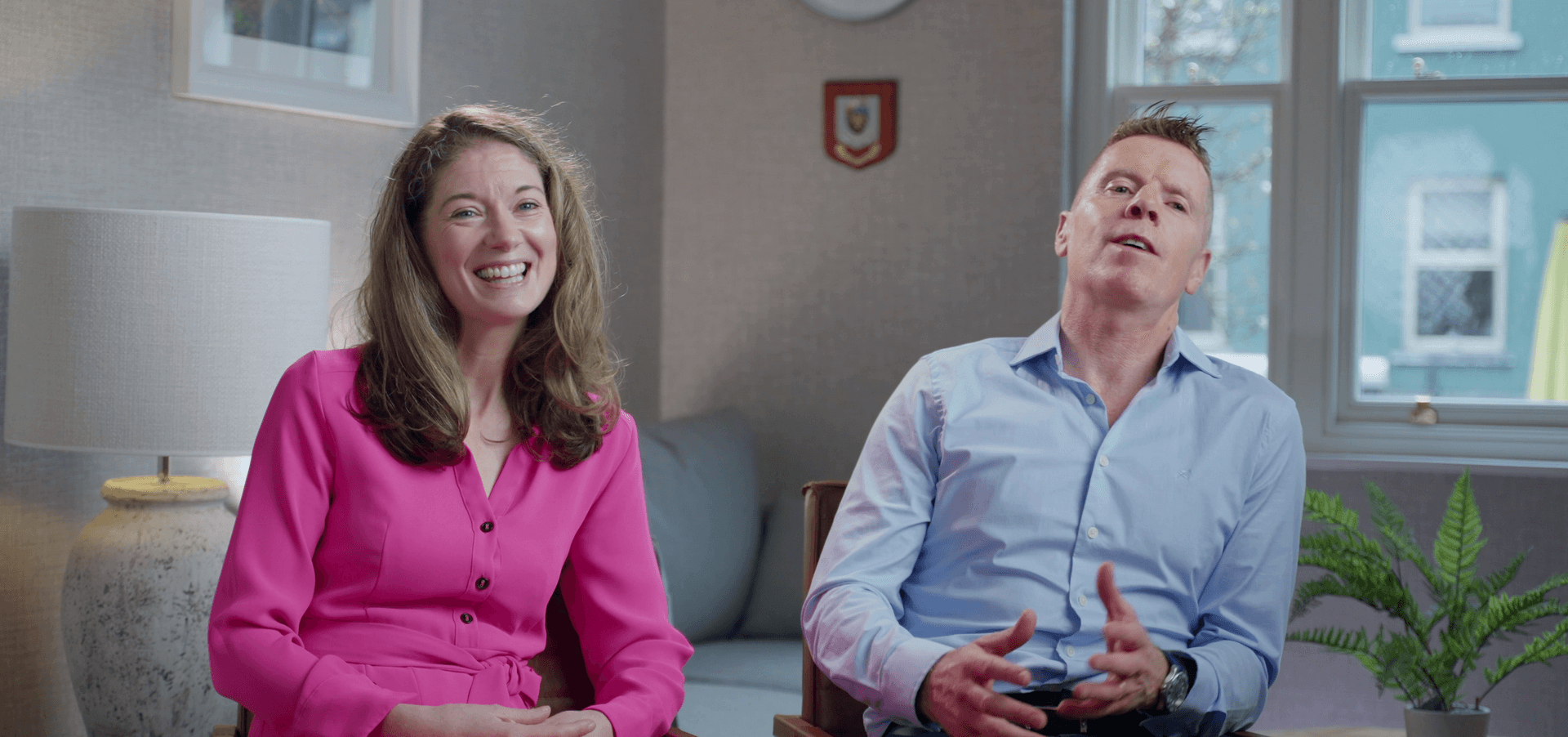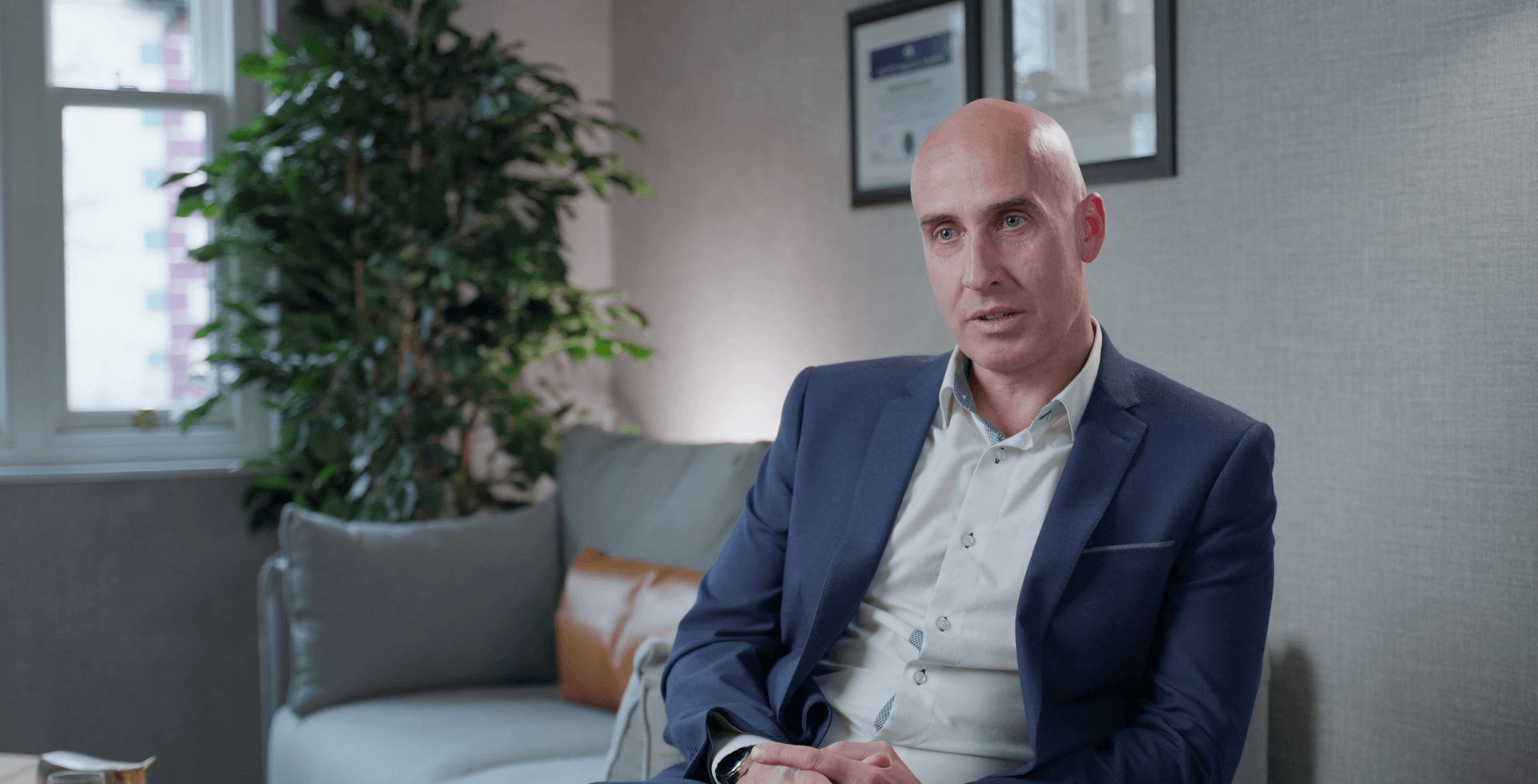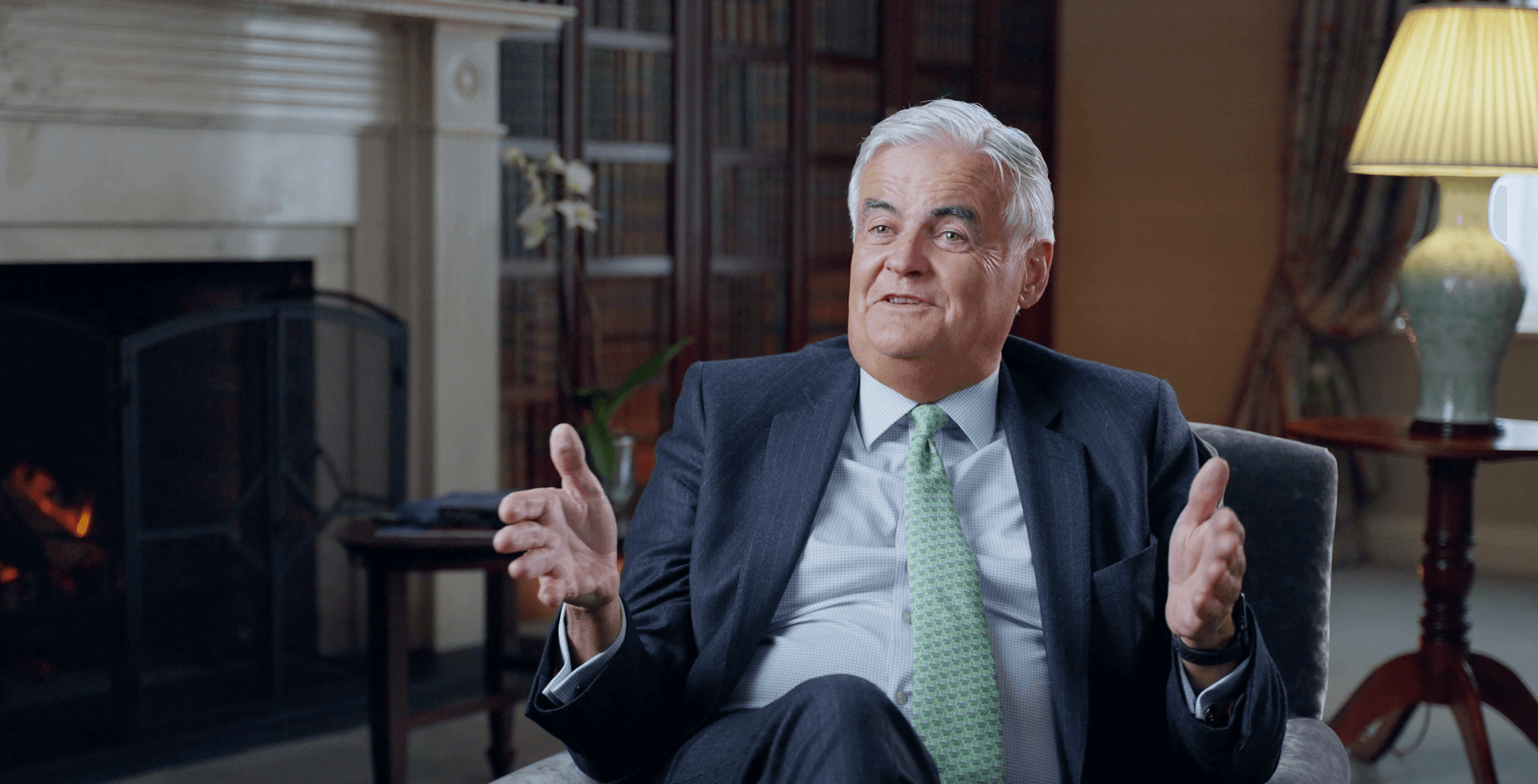An Unexpected Gift
The €3,000 Small Gift Exemption is a simple yet powerful financial tool that helps you support your loved ones, reduce your estate’s taxable value, and secure your family’s financial future, all without tax complications or burdensome paperwork. As December approaches, many people are exploring how to use this exemption to enhance their Christmas gifting and maximise the financial benefits for their families.
What is the €3,000 Small Gift Exemption?
Under Irish tax law, anyone can receive gifts of up to €3,000 per calendar year from any number of individuals without incurring Capital Acquisitions Tax (CAT). This means you can gift €3,000 to your children, grandchildren, and friends, entirely tax-free. You can also receive tax-free gifts from multiple individuals, allowing wealth to be shared broadly.
Why Use the €3,000 Exemption?
For business owners and individuals managing their wealth, the €3,000 Small Gift Exemption offers a tax-efficient way to transfer wealth incrementally. This strategy not only reduces the size of your taxable estate but also lessens future financial burdens on your family.
Gift Splitting Strategy
A simple way to maximise the exemption is through gift splitting. Both you and your spouse can each give €3,000 to the same person annually, effectively doubling the total gift to €6,000. For instance, if your son is starting a new business, you and your spouse can collectively transfer €6,000 to him every year, completely tax-free.
Supporting Your Family
Grandparents often use this exemption to contribute to their grandchildren’s education. For example, a grandparent gifting €3,000 annually to five grandchildren provides €15,000 per year toward their futures. Over ten years, this strategy results in €150,000 of tax-free support—a meaningful contribution to education or other life goals.
Example 1: Supporting Your Family
John and Mary, a couple in their late 60s, have three children and four grandchildren. Each year, they gift €3,000 to each family member. Together, they transfer €42,000 annually (€3,000 x 7 recipients x 2 givers). Over a decade, they’ve provided €420,000 in tax-free financial support, all while reducing future tax liabilities on their estate.
Example 2: Business Succession
Mary, a bakery owner in Dublin, plans to pass her business to her daughter Aoife. To ease the transition and reduce potential tax burdens, Mary and her husband gift Aoife €6,000 annually (€3,000 each). Over 20 years, this strategy results in €120,000 transferred tax-free, helping Aoife reinvest in the business or build savings—all while preparing for a smooth succession.
How to Use the €3,000 Exemption
Using the €3,000 exemption is straightforward. There’s no need for formal paperwork or complicated processes—simply transfer the funds, ensuring the gift doesn’t exceed €3,000 per recipient per year. To ensure transparency, keep a record of your gifts, such as a spreadsheet noting the date, recipient, and amount.
Long-Term Benefits
When used consistently, the €3,000 Small Gift Exemption can have a significant impact. By transferring wealth incrementally, you reduce your estate’s taxable value, lessen future financial challenges for your family, and provide meaningful support when it’s needed most.
Conclusion
The €3,000 Small Gift Exemption is more than a tax-saving tool—it’s a way to invest in your family’s future. Whether you’re a grandparent funding education, a business owner planning succession, or someone looking to provide financial support, this exemption is a simple and effective strategy.
As the year ends, consider how you can incorporate this tax-efficient tool into your financial planning and make a lasting impact on your loved ones. If you would like to chat about this, please schedule a meeting here.
In Their Own Words







